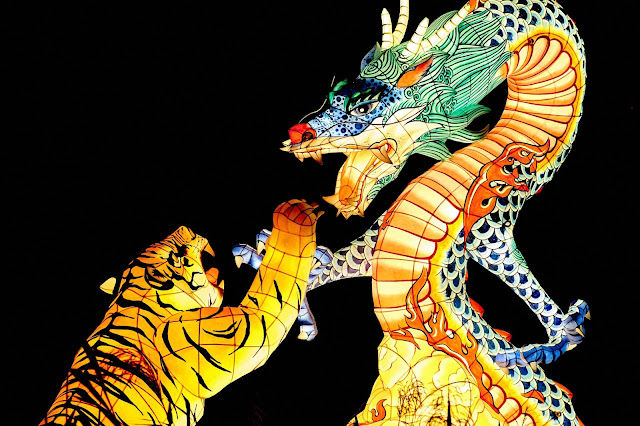Are Dragons Real? A History of Dragons

are among the most popular and enduring of the world's mythological creatures. Dragon tales are known in many cultures, from the Americas to Europe to India to China. Though they populate our books, films, and television shows, they have a long and rich history in many forms. It's not clear when or where stories of dragons first emerged, but the huge, flying serpents were described by the ancient Greeks and Sumerians. For much of history dragons were thought of as being like any other exotic animal: sometimes useful and protective, other times harmful and dangerous. That changed when Christianity spread across the world; dragons took on a decidedly sinister interpretation and came to represent Satan. In medieval times, most people who heard anything about dragons knew them from the Bible, and it's likely that most Christians at the time believed in the literal existence of dragons. After all, Leviathan — the massive monster described in detail in the Book of Job, ...





